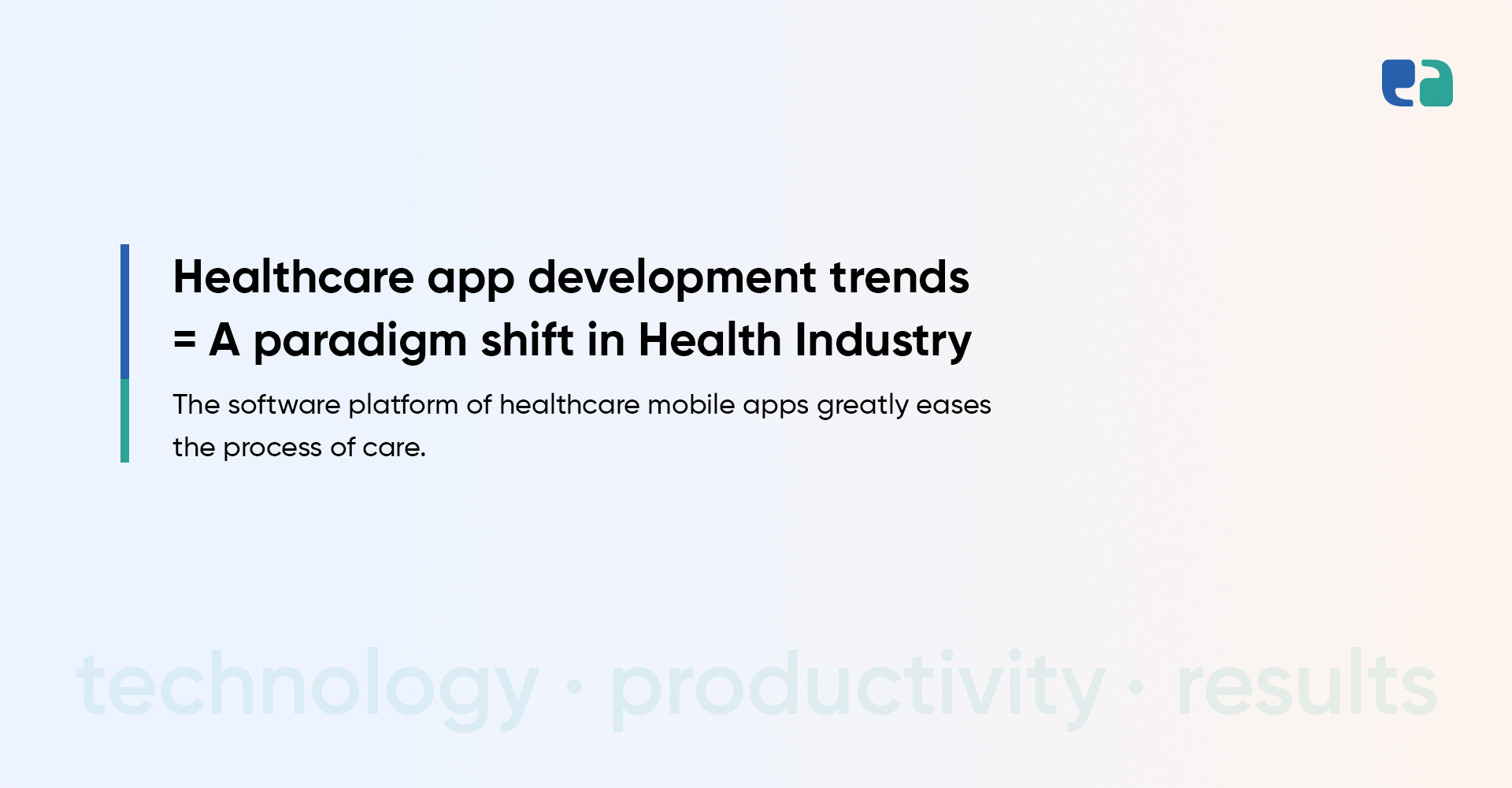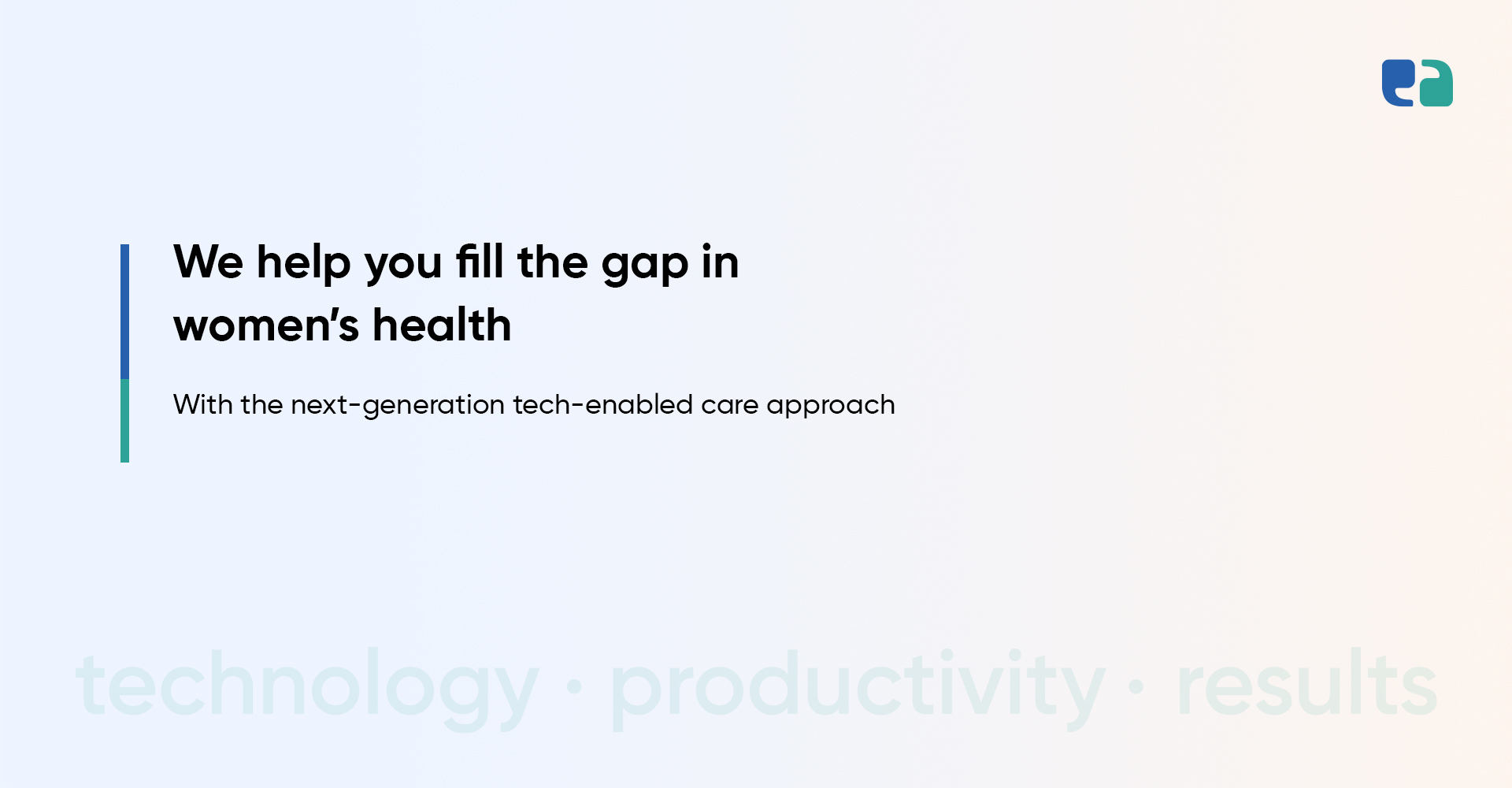The health industry is shaping the globe towards a better future with technological advancements.
As digital healthcare took center stage with a projected CAGR of 41% in the mobile health market from 2021 to 2026.
The healthcare sector has been developing its roots in technology to make healthcare perfect.
The increasing choice of health tracking systems for fast, easy, and credible services serves to improve mobile app demand and therefore fuel market expansion.
The need for inpatient care facilities for the replacement of conventional medical systems also serves to boost the use of mHealth apps.
Healthcare app development trends have come a long way from just sending notifications using mobile health apps.
With over 5,500 deals that raised $80.6 billion in a year, the rapid expansion and development in healthcare, the health-tech sector became the most funded “valued proposition”.
As individuals in the growing COVID-19 instances become increasingly aware of health and fitness, professionals need to be more productive and focus on sudden significant problems to confront the new standard.
Health-Tech Market and How It Relates to the Healthcare App Development Trends?
The funding for digital healthcare and app development companies touched $26.5 billion in a year, an all-time high.
According to a recent study, by the end of 2025, the digital healthcare industry will amount to USD 509.2 billion.
The development of the healthcare app provides increased access to the healthcare system for consumers.
Users may access the healthcare system they want by clicking on a button.
Thus, mobile health applications are not only used by consumers/patients but also by Doctors, caregivers, and healthcare providers.
There are many different healthcare requirements for example treatments for acute and chronic illnesses.
That involves the capacity to provide patients with remote support, prompt virtual healthcare, and other things.
The software platform of healthcare mobile apps greatly eases the process of care.
As a result, more healthcare systems are attracted to these new platforms called healthcare apps.
Top 7 Healthcare App Development Trends to Look Out For in 2025
Considering a progressive market, here are the top 7 trends in healthcare apps suggested by our tech expert that you might want to consider if you are planning to invest in healthcare technology.
Looking to Develop a Healthcare App with the In-Demand Trend? You Can Rely on Us!
We are a healthcare-specific IT solutions provider catering only to the healthcare industry which has led to developing the area of expertise.
Thus, we know how insanely costly a custom-built app can be.
So, we invested our time in research and how to provide cost-savvy solutions, ‘time plays by its own rules and we were approached by a referral client during that period and their need.
They wanted to retain users and keep growing the app.
This made us realize that most telehealth apps fail because patients don’t use them after a while.
So, we built a cost-effective custom-made telehealth app which is a tremendous success.
You won’t believe it! Don’t you?
“Without embracing development, we are just entities waiting for antiquation”



